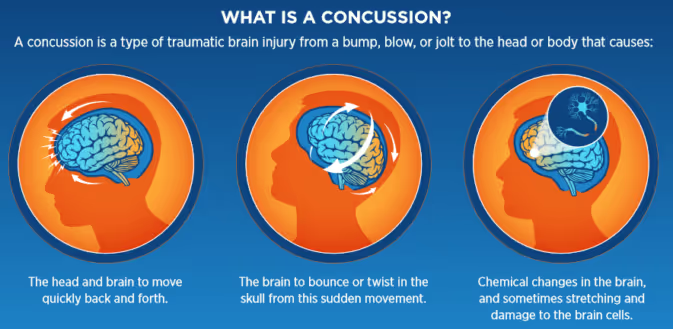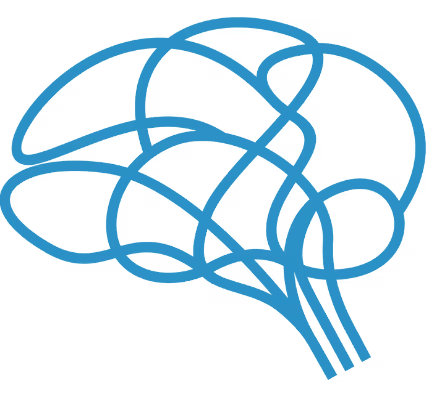Concussion Care
Suite 260, Atlanta, GA 30345
Call Us: 404.946.9327
Saturday & Sunday: Closed
Concussion Care
Suite 260, Atlanta, GA 30345
Call Us: 404.946.9327
Saturday & Sunday: Closed
Concussion Care
Suite 260, Atlanta, GA 30345
Call Us: 404.946.9327
Saturday & Sunday: Closed

General cognitive function exams evaluate areas like working memory, attention issues, reaction time issues, processing issues, and more.
Cognitive driving exams to evaluate someone’s ability to manage the cognitive demands of driving and if the person is safe to drive.
Auditory processing/neurophysiologic exams allow for the understanding of minute details and functions of the brain that can be correlated with the larger behavioral issues people may be experiencing.
Videonystagmography (VNG) allows for the tracking of the eyes throughout many different test conditions. Eye movement is an excellent resource for the evaluation of general brain function.
Electrophysiology exams can help to look at the function of the cranial nerves and associated structures through the brainstem to evaluate for any issues with how the nerves fire and send signals to the brain and spinal cord.
Rotational testing allows for the evaluation of someone’s ability to maintain stable vision while moving or turning.
Videonystagmography (VNG) allows for the tracking of the eyes throughout many different test conditions. Eye movement is an excellent resource for the evaluation of general brain function.
Screening exams can help to evaluate for issues like convergence insufficiency, which can affect someone’s ability to focus.
MRI and CT scan to rule out any kind of structural abnormality (tumor, stroke, bleed).
Electroencephalography (EEG) looks at brain waves to determine if there is any evidence of abnormal electrical discharges in the brain to suggest a seizure tendency, slow brain activity, or any specific areas of abnormal brain activity.
Physical exams allow providers to evaluate for possible issues like neck or muscle involvement that could lead to the headache.
Cervical range of motion to understand if there is a reduction in movement.
Joint position error helps to understand how the neck is affecting other areas like balance and spatial awareness.
Butterfly movement control evaluates the patient’s ability to integrate multiple systems with neck function.
Post Crash/Post Trauma screening tools to evaluate for anxiety, phobias, or other stressors associated with the injury.
Mood, nervousness, and anxiety scales to better understand a person’s current symptoms following the injury.
Cognitive Rehabilitation Therapy (CRT): This therapy focuses on improving specific cognitive skills that may be affected by a concussion, such as attention, memory, executive functions (planning, problem-solving), and processing speed. It may involve exercises, computer-based tasks, or real-life simulations to help retrain these skills.
Cognitive Behavioral Therapy (CBT): While not directly targeting cognitive skills, CBT can be helpful in managing emotional and psychological difficulties that often accompany a concussion, such as anxiety, depression, or difficulty coping. By addressing these emotional challenges, CBT can indirectly improve cognitive function by reducing stress and improving focus.
Speech-Language Therapy (SLP): If the concussion has affected communication skills, such as difficulty with speech, language comprehension, or reading, SLP can help with retraining these skills. It can also address cognitive skills related to language, such as word-finding or following instructions.
Vestibular Rehabilitation Therapy (VRT): This therapy focuses on balance and dizziness problems that can occur after a concussion. By improving balance and reducing dizziness, VRT can indirectly improve cognitive function by reducing these distracting symptoms and improving focus.
Balance retraining therapy.
Habituation and adaptation exercises.
Sensory re-integration.
Vestibular Rehabilitation Therapy (VRT): This therapy focuses on balance and dizziness problems that can occur after a concussion. By improving balance and reducing dizziness, VRT can indirectly improve cognitive function by reducing these distracting symptoms and improving focus.
Medications.
Neuromodulation/biofeedback.
Lifestyle changes.
Autonomic nervous system management.
Physical Therapy.
Orthopedics.
Range of motion exercises.
Sensory re-integration.
Psychology/Neuropsychology.
Medications.
health problems?
Contact us today!
NE Suite 260
Atlanta, GA 30345
Saturday and Sunday: CLOSED



